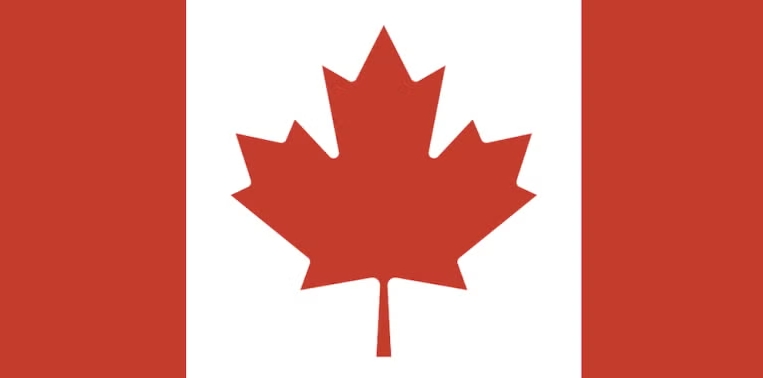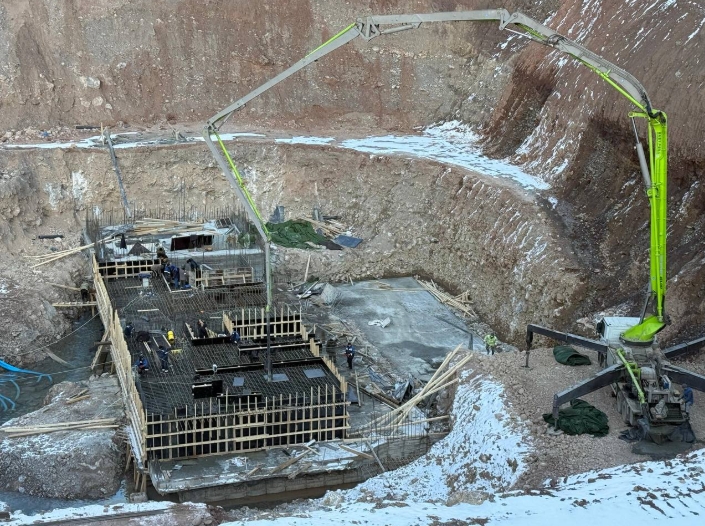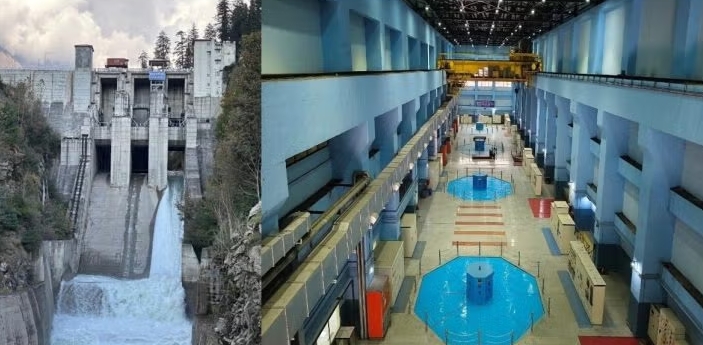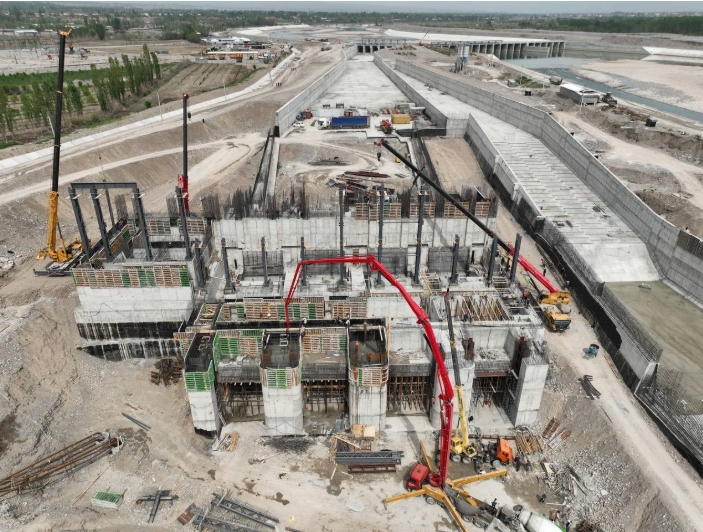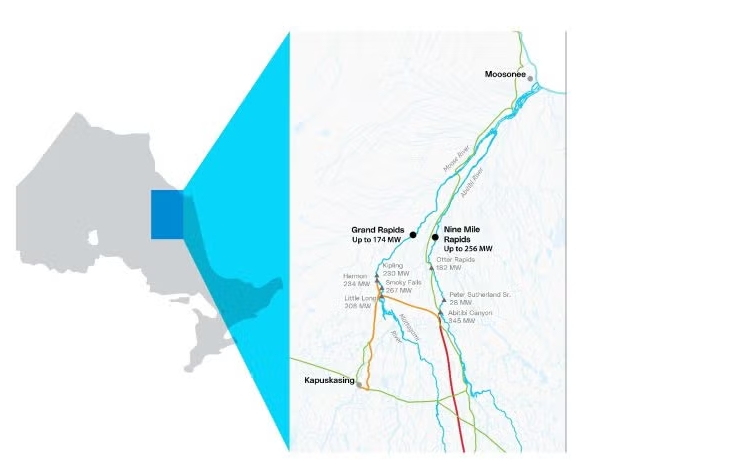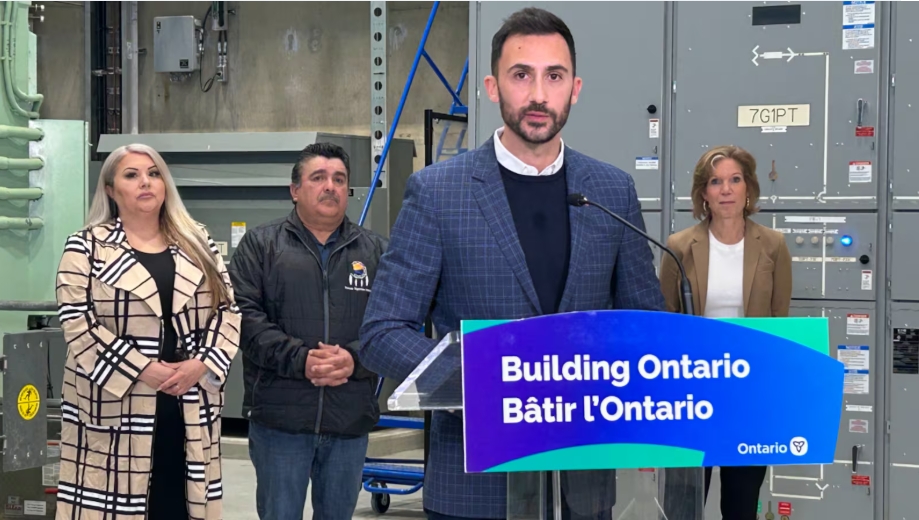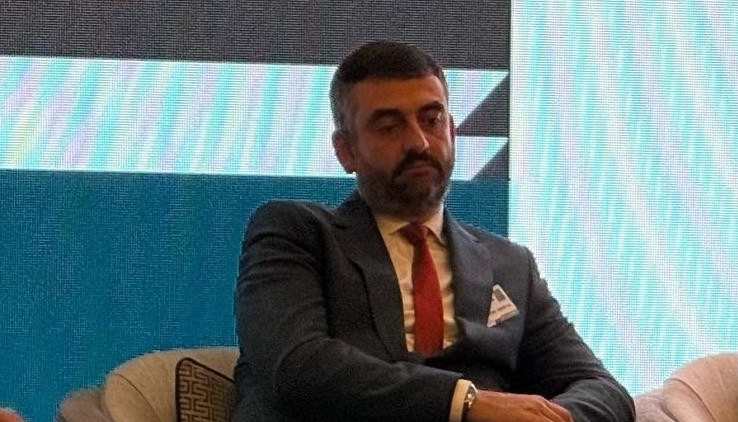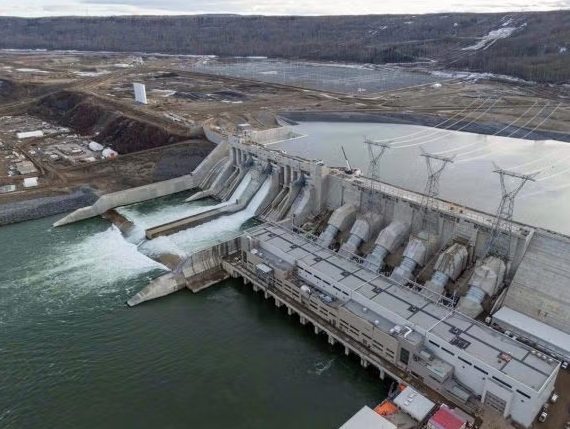The group agreed to remove 9.7mn b/d of crude from the market in the first three months of the deal. At the time, Opec was projecting a 9.1mn b/d fall in global oil demand in 2020 due to the multitude of restrictions and lockdowns imposed across the globe to stem the spread of the virus. But as economies gradually emerged from those lockdowns and demand began to recover, the Opec+ alliance has been cautiously unwinding its cut. As of this month, the group has brought back around 4mn of the original 9.7mn b/d.
Heading into last week's meetings, there were growing calls for the group to continue ramping up production quotas, both to help temper a projected supply deficit at the end of this year and cool an overheating market that has pushed oil prices to their highest level in over two years. But talks reached an impasse after the UAE rebuffed a proposal to extend the production pact past the original expiry date of April 2022 without conditions. The group will reconvene today in an attempt to bridge a growing divide that has seen Saudi Arabia and the UAE engage in a rare public spat.
What's the situation?
Last week, the Opec+ group largely coalesced around a proposal to raise production quotas in monthly instalments of 400,000 b/d from August, while extending the two-year output restraint agreement through to the end of next year. This would raise production quotas by 2mn b/d by the end of this year. And it could result in the group's remaining 5.7mn b/d cut being fully unwound by the end of September 2022. The proposal includes the option of pausing quota increases for a three-month window to allow for any subsequent market changes, such as additional Iranian supplies should US sanctions against Tehran be lifted. Almost all of the alliance's 23 members backed the proposal, raised by Saudi Arabia, with delegates saying it would give the market long-term guidance. But coupling the quota increases and the deal extension under a single proposal proved too much for the UAE, whose refusal to budge led to the Opec+ meeting being adjourned until today.
What does the UAE want?
The UAE supports an increase in production quotas from next month but it rejects extending the current agreement to the end of 2022 without a review of the October 2018 production baselines. These are used as a reference point from which most individual country quotas and compliance levels are calculated, with the exception of Saudi Arabia and Russia which were each given a baseline of 11mn b/d. The UAE has long complained about its own quotas. It continues to invest in expanding its upstream production capacity and has branded the baselines as "outdated". It has asked for baseline levels to be revised to April 2020 production — a period when no quotas were in place — to better reflect each country's production capacity. Argus estimates that the UAE produced almost 3.85m b/d last April, substantially higher than its current baseline of 3.168mn b/d. The UAE has suggested that to break the impasse, the production quota hikes could be decoupled from the deal extension, which could then be reviewed at a later date.
What has been the reaction to the UAE's proposal?
The UAE's request to rejig baselines failed to secure much backing within the group. There are concerns that it might trigger lengthy and difficult renegotiations of baselines with other members, some of whose capacity cannot be fully verified. Delegates have also questioned the timing of the UAE's request, which comes halfway through a deal and at a time when oil prices are recovering. They say that the UAE knew its capacity was nearing 4mn b/d when the deal was signed last year and argue that this would have been a more appropriate time to renegotiate its baseline.
What are the Saudis saying?
Saudi Arabia considers the gradual increase in production and the extension of the pact beyond its April 2022 expiry as one and the same proposal. "You have to balance addressing the current market situation with maintaining the ability to react to future developments," Saudi oil minister Prince Abdulaziz said in an interview with Saudi Arabia's semi-official Al-Arabiya TV late yesterday. "If everyone wants to increase production, then the agreement must be extended."
Furthermore, the current agreement has a clause built into it that allows Opec+ to revisit the deal in December 2021 to decide whether an extension is required. The Saudis say the rationale behind their proposal — including the option to pause for up to three months if needed — is to provide guidance and assurance to a market that continues to face significant uncertainties, including the situation with Covid-19. The most pressing of these uncertainties is the possible return of up to 1.5mn b/d of Iranian oil to the market should US sanctions be lifted. Despite progress in talks to revive the 2015 nuclear deal slowing down in recent weeks, several Opec+ delegates now expect Iran's return to be more a matter of when, not if.
The Saudis say that although switching baselines to April 2020 production levels would also benefit them, they would not support it as it would be complicated to achieve, would hurt some countries and could see the deal unravel completely. Russia, for one, could be disadvantaged by such a shift as it was producing 10.5mn b/d in April last year, below its current 11mn b/d baseline. Saudi Arabia also takes issue with using April 2020 production as a baseline for the UAE, as it represents a month in which production was exceptionally high.
What is likely to happen?
No real progress was made towards breaking the deadlock over the weekend, with both sides firmly sticking to their guns. The UAE is saying it would be best to agree output policy to the end of this year and leave talk of an extension for another time, while the Saudis are saying any increase in production quotas has to come with an extension to the deal. On the surface, prospects for ending the stalemate seem remote, unless one of the sides is willing to compromise, something even the Saudi oil minister flagged late yesterday.
"Both sides are insisting, but let's hope for the best," one delegate said, adding that now is not the time to be dealing with a change of baselines. "It can wait."
Another delegate said the UAE "has a right to raise the issue" but said it must be willing to accept a flexible approach, rather than giving ultimatums. "I feel the governments will need to get involved if we are to reach a deal for the medium term. If not, we are unlikely to converge in views."
With tensions between the UAE and Saudi Arabia rising, questions have once again been raised, not for the first time, about whether it could push Abu Dhabi to exit Opec. But sources do not see this as a likely scenario.
